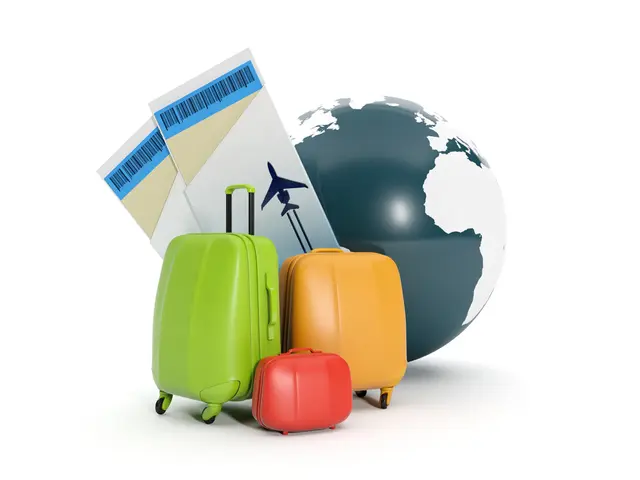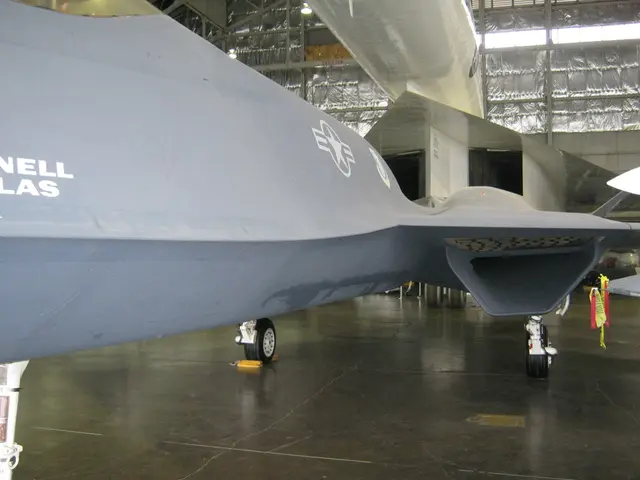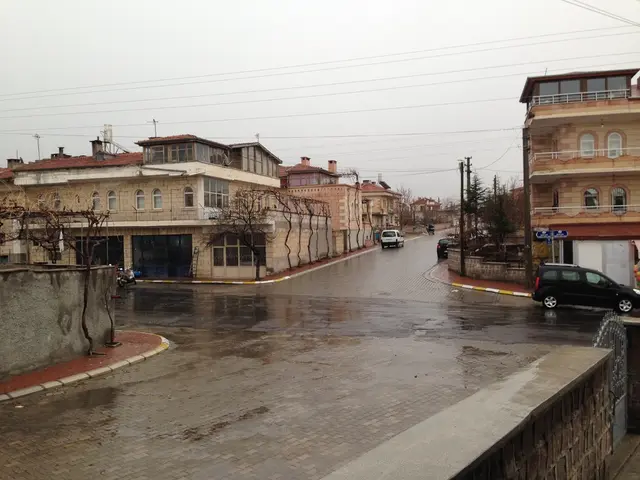Road Rage and the Perpetual Motion Lane
Traffic Puzzle: Mysteriously, the alternate lane in the congestion appears to be accelerating.
Let's face it, driving in a traffic jam is no fun. Holidays and long weekends usually put even the calmest commuter's nerves to the test. A recent Austrian Tauern motorway pile-up left thousands stuck for hours, with each driver mindlessly gazing at the slow-moving cars in the other lane, wondering why it seemed to be moving faster.
According to traffic expert, Professor Michael Schreckenberg, it all boils down to our minds deceptively playing tricks on us.
You're telling me it's not the other lane that's moving faster?
Nope, not usually. It's a psychological effect that tricks us into believing the cars in the other lane are zooming ahead. That's because the vehicles that overtake us leave a more lasting impression, while the ones we overtake vanish from sight and memory, explains Schreckenberg.
So lane-changing doesn't help my situation?
Not really, my friend. Instead, two more things happen. First, the advantage one lane might momentarily have is immediately offset due to the lane change. Second, by changing lanes, you could create a traffic wave behind you. When you aggressively switch lanes, you force the cars on the lane you're leaving to suddenly brake, starting a domino effect.
I guess the clever move is to stay put rather than embracing my road rage?
Exactly! Staying in one lane can help maintain the overall traffic flow and ease the congestion. The same goes for merging lanes, such as when lanes disappear during construction. If everyone cooperatively merges at the end of the lane, the traffic jam will be shorter.
Now, there's a funny thing about traffic lanes: The capacity of the lane leading through a construction zone is often underutilized, according to Schreckenberg's research. Many more cars could move simultaneously if drivers didn't fight for position before the narrowing.
Professor Schreckenberg
Hailing from Germany, Schreckenberg is the country's most revered traffic expert, holding the chair of "Physics of Transport and Traffic" at the University of Duisburg-Essen since 1997. His research focuses on improving traffic flow, revealing that despite being a physical effect, psychology plays a pivotal role in traffic jams.
Sources: ntv.de, Tom Nebe, dpa
- Skeptics
- Emotions
- Traffic Jams
- Public Opinion
- Road Safety
- Construction Zones
The community and employment policies could address the issue of road rage by promoting mindfulness and cooperation among drivers, reducing incidents of aggression and domino effects caused by lane changes.
In contrast, adopting a carefree 'lifestyle' of reckless driving and ignoring traffic rules, such as abruptly changing lanes, could exacerbate issues like traffic jams, especially in construction zones, where the capacity of the lane is often underutilized.






